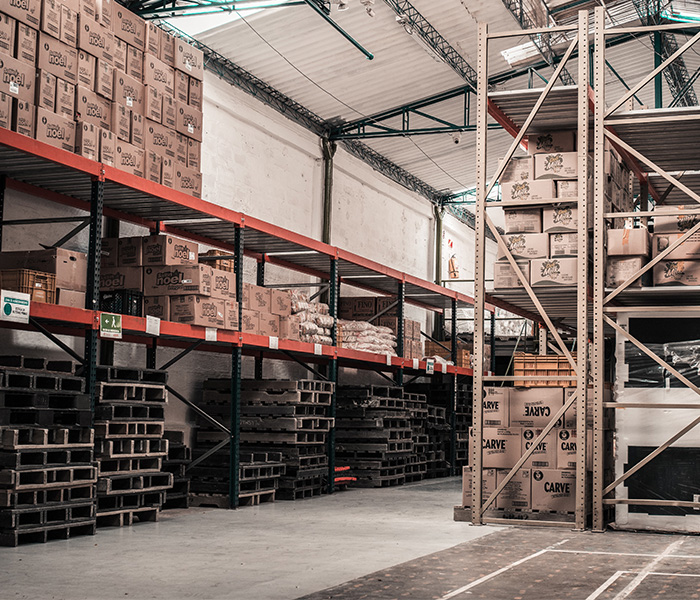
What is Logistics?
Logistics; It refers to all processes of a product from the first producer to the final consumer, such as transportation, storage, customs clearance, packaging, distribution. Another definition is logistics; is to provide the right product, at the right place, at the right time, in the right quantity, in the right way, with the right quality, at a competitive price. With the definition of the Council of Supply Chain Management Professionals (CSCMP), the world's largest logistics organization, logistics; “It is the process of planning, implementing and supervising the procedures necessary for the effective and efficient transportation and storage of all products and related information, including services, from the point of origin to the destination, in line with the needs of the customer.
This definition includes inward, outward, internal and external movements.” Based on these explanations, it is possible to talk about logistics in all the products we see around us; in bread from the bakery (flour storage is part of the logistics), in a magazine from a newsstand (internal transport distribution for the delivery of the magazine and newspapers to dealers all over the country is part of the logistics),
In the shirt you buy from the store (customs clearance of the yarn purchased from abroad is part of the logistics)… In short, logistics is an extremely important element in every aspect of our lives, without exception.

Outsourcing in Logistics
It is the fact that companies give all or part of their logistics activities to companies specialized in this field for various reasons such as cost or efficiency. For example, wouldn't a company with domestic and international shipments want to own a ship and carry out international sea transportation with this ship? Or does he have an internal shipping company that will deliver to every city in Turkey on the same day and do not want to do internal distribution with this company? Whatever the answer to this question, there is one thing that has a clear answer, which is; not every company can have a ship that can carry out international maritime transport, and in the same way, not every company can have an inland shipping company that will deliver to every city in Turkey on the same day.
In such a case, companies transfer some or all of their logistics activities to companies specialized in their fields, not only for reasons such as desire, but also for reasons such as cost and efficiency, and this is called “outsourcing in logistics”. A firm that acts in this way also increases internal efficiency by concentrating on its core business.
The name given to the process of outsourcing in logistics is called “3PL”. In order to make this concept a little more understandable, it is useful to state why the number 3 is used: The first one here is the sender, the second one is the receiver, and the third one is the logistics company specialized in its field, which acts as a bridge between both companies. Here is the third company where some or all of the logistics business is transferred for reasons such as cost and efficiency, and therefore its name is 3PL. For example, the sender is firm X, the receiver is firm Y. Company Z is shipping the products that company X will send to company Y. Company Z mentioned here is a third company other than companies X and Y, and therefore the existence of 3PL is mentioned in this transaction.
It is the name given to the next phase of 3PL, which we have just described. To briefly touch on the subject with an example; If a company transfers its works such as transportation and warehousing to a third company by an employee in the foreign trade department, it is called 3PL. With another definition, LLP is the incorporation of the employees or employees of the company Z, which is included in the example given in 3 PL, by the company X to carry out logistics operations.
It is called supply chain management to organize the process in logistics to cover all company activities and take it to further stages. In other words, supply chain management; It is a broader concept that includes logistics and is essentially a process that coordinates the relationship of logistics with other processes of the company. “Supply Chain includes all companies in the chain, including suppliers, manufacturers, transportation, storage, sales, after-sales service, from the existence of a product as a raw material to its activities after the delivery of the product to the consumer. The regulation of the operation in this chain with an understanding of dependency and relationship management is called Supply Chain Management”.
Logistics; If we define it as the transportation process from a raw material to the final consumer, the return logistics; On the contrary, we can see it as a set of activities that work properly. Return logistics is “Damaged, defective and expired products moving in the opposite direction within the supply chain for the purpose of repair, maintenance, separation or destruction.” It is called return logistics, where municipalities collect glass bottles and plastic materials from the garbage containers in front of the apartments, collect them at the garbage disposal facilities and send them to recycling places to reprocess and use.




